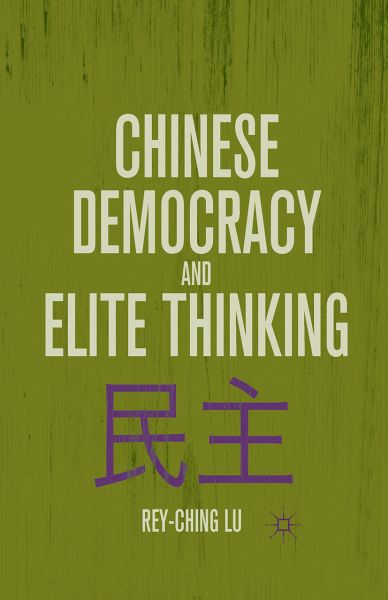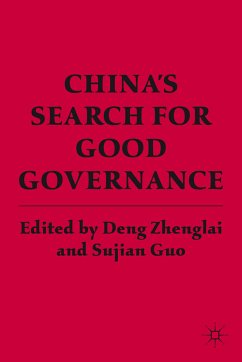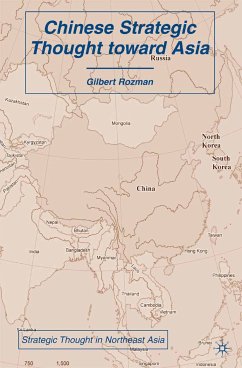
Chinese Democracy and Elite Thinking (eBook, PDF)
Versandkostenfrei!
Sofort per Download lieferbar
40,95 €
inkl. MwSt.
Weitere Ausgaben:

PAYBACK Punkte
20 °P sammeln!
Will China become a multiparty democracy? The author posits that the more that Chinese elite thinking on China's development and change reconciles the tension between Chinese nationalism and collectivist, family-like ethics on the one hand, and the western democratic ideals based on each self-seeking individual's subjectivity on the other hand, the greater the chance that China's political development will lead to a multiparty democracy. The author projects that within the next twenty years China will march on the path of democratization.
Dieser Download kann aus rechtlichen Gründen nur mit Rechnungsadresse in A, B, BG, CY, CZ, D, DK, EW, E, FIN, F, GR, HR, H, IRL, I, LT, L, LR, M, NL, PL, P, R, S, SLO, SK ausgeliefert werden.












